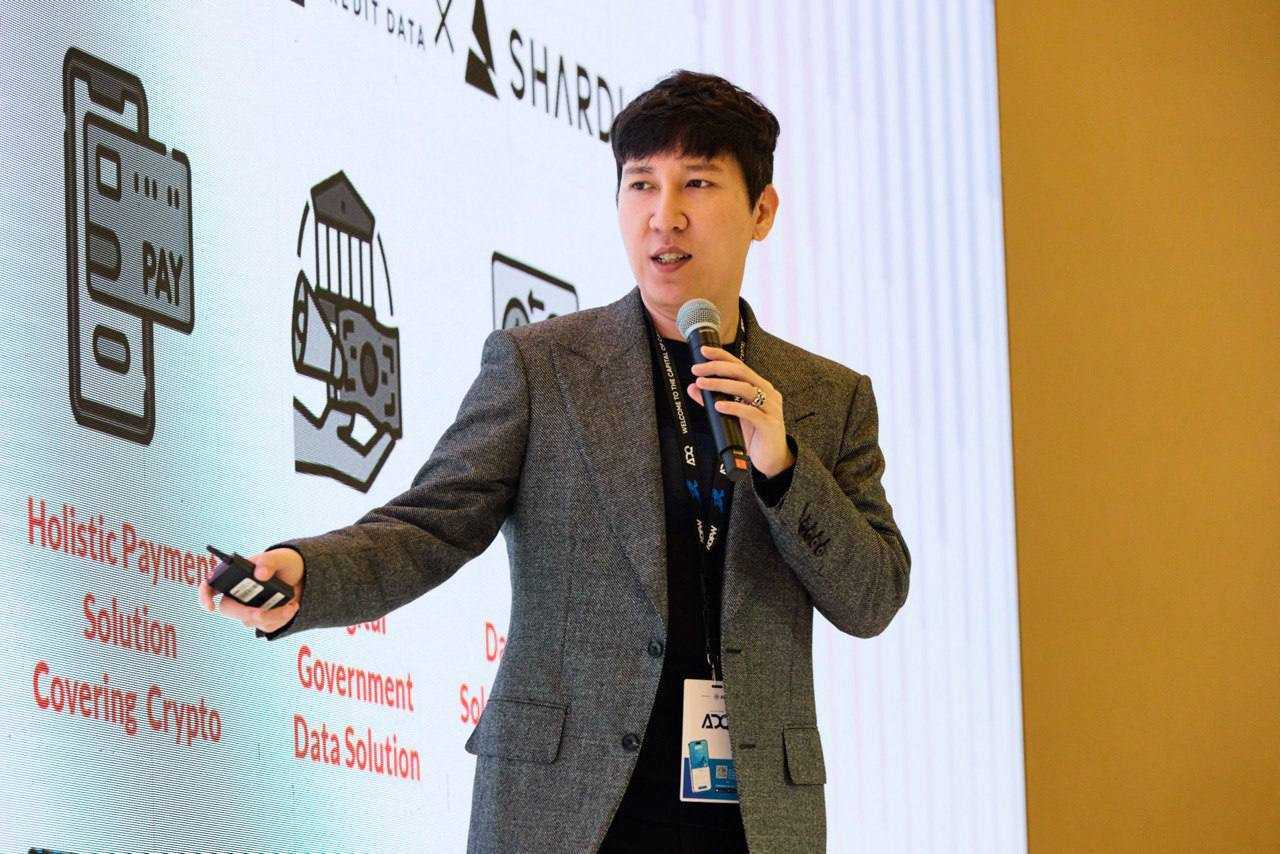
Simon Kim, CEO of Hashed, believes that the trajectory of artificial intelligence (AI) necessitates a significant transformation: dismantling the complexities of centralized models such as OpenAI and fostering a transparent, decentralized ecosystem utilizing blockchain technology.
Centralized AI Concerns
According to Kim, the pressing need is evident. Unchecked centralization within AI could result in a ‘god’ figure whose operations remain a mystery, while blockchain technology provides essential tools to reward creators, safeguard intellectual property, and enhance transparency in generative AI, which has faced significant criticism for its biases and selective reasoning.
“AI is being centralized. OpenAI is not open, and it is controlled by very few people, so it’s quite dangerous. Making this type of closed-source foundational model is akin to creating a ‘god’, but we don’t comprehend its workings,” he said during an interview.
Translation: “AI is being centralized. OpenAI is not open, and it is controlled by very few people, so it’s quite dangerous. Making this type of closed source foundational model is similar to making a ‘god’, but we don’t know how it works,” he said in an interview.
Kim cites open-source AI models like Meta’s Llama as exemplars of how AI can be developed with principles of decentralization and transparency.
Issues with Current Models
However, he highlights a considerable hurdle—there lack adequate incentive structures for data providers, primarily for internet users.
“AI models just crawl original content on the web and provide answers without compensating the creators,” Kim stated.
Translation: “AI models are just crawling the original content on the web and giving answers without compensating the creators,” Kim said.
Kim suggests a solution: the establishment of a “copyright layer” that would enable rights holders to monitor the usage of their content by AI, ensuring they are compensated appropriately.
Hashed’s Initiative
Hashed is reportedly on the verge of finding a solution via the Story protocol, specifically aimed at IP management, in which it took the lead in a Series-B funding round last year.
While the fund has not yet invested in decentralized AI projects, its involvement with Story is seen as a way to gain exposure to the decentralized AI industry.
“We certainly need a blockchain-based IP system to incentivize the original creator, both the creator and the remixers,” Kim emphasized.
Translation: “We definitely need a blockchain-based IP system to incentivize the original creator, both the creator and the remixers,” Kim continued.
Industry Call
Kim is among many urging for the adoption of open-source AI development. Prominent figures, including Mark Zuckerberg from Meta and the Economist’s editorial board, also agree that the enclosure of AI in a ‘black box’—where its functionality is clouded in mystery—must be abandoned for the industry to evolve.
However, it is up to Kim to persuade key stakeholders that blockchain technology holds the key to innovative solutions.
